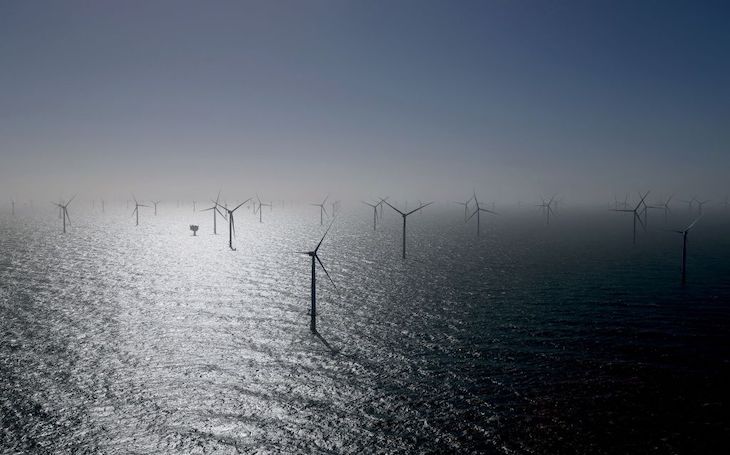The world’s largest offshore wind farm is coming to Britain but there will be only one winner from the scheme – and it isn’t electricity consumers. Wind energy giant Ørsted had raised doubts about the Hornsea 3 offshore project earlier this year. But after securing more generous subsidy arrangements from the government, the Danish firm is pressing ahead with the project.
Already a subscriber? Log in
Subscribe for just $2 a week
Try a month of The Spectator Australia absolutely free and without commitment. Not only that but – if you choose to continue – you’ll pay just $2 a week for your first year.
- Unlimited access to spectator.com.au and app
- The weekly edition on the Spectator Australia app
- Spectator podcasts and newsletters
- Full access to spectator.co.uk
Or




















Comments
Don't miss out
Join the conversation with other Spectator Australia readers. Subscribe to leave a comment.
SUBSCRIBEAlready a subscriber? Log in